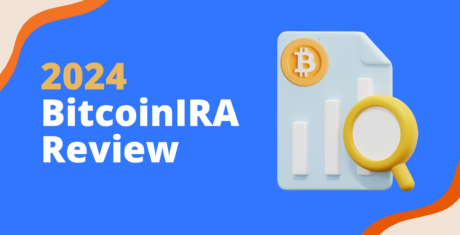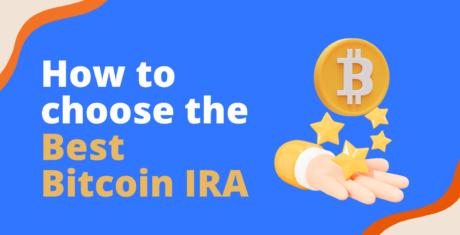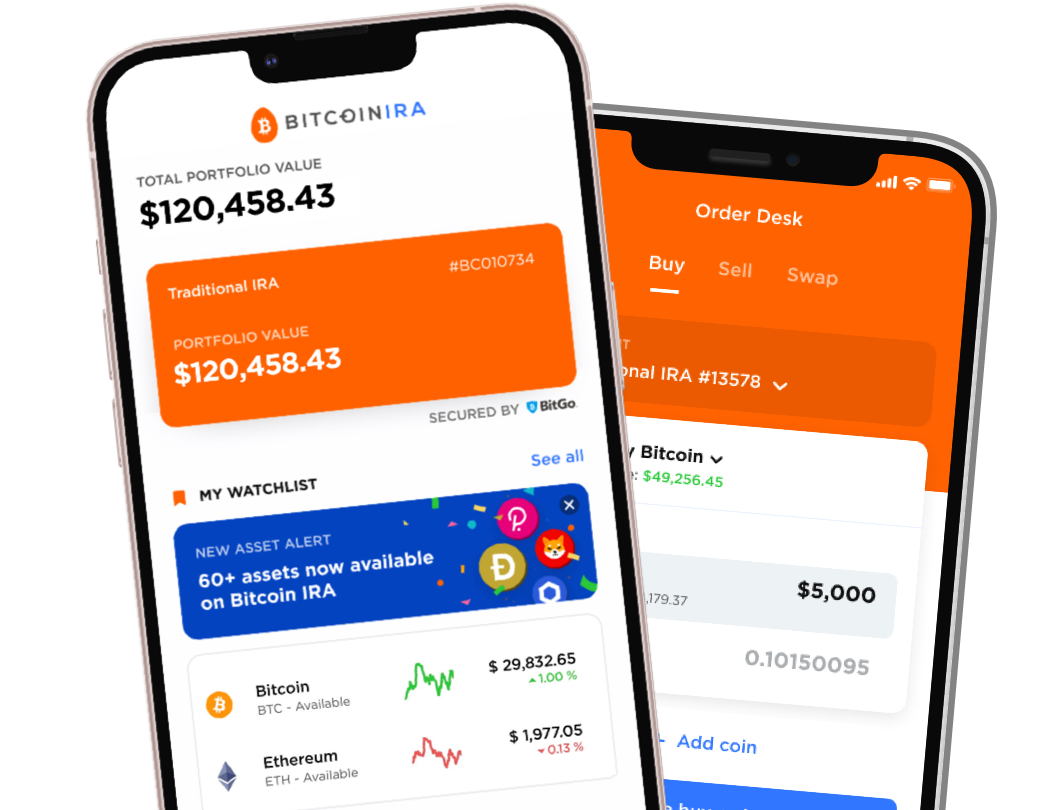Examining the innovations that are occurring worldwide, it is clear that there are a few inescapable trends, and one of these is blockchain. For a while, it was merely seen as the technology that powered Bitcoin, but now it is being embraced by many top industries at once. And it’s not just the private sector that sees the value in blockchain – several governments are starting to think long-term and imagine what their country would look like with a digital currency. With these massive changes will come lots of new questions over how bitcoin purchase is going to be regulating in both the private and public sector.
Blockchain’s Shady Past
ÏMuch of the reason it was doubted blockchain would have any lasting effect on the world was because of its long-term association with criminals. The secrecy and decentralization of blockchain make it the perfect tool for laundering or dealing in illicit goods, and some bad press cemented this association into the minds of the public.
The blockchain is primarily based on the idea that by keeping a public record that is impossible to tamper with, the entire system becomes more reliable. It is decentralization taken to the absolute extreme, which is why techies harbor such strong beliefs about its potential.
It Begins With Financial Services
The first industry to see the potential blockchain technology had to change their business was the financial services industry. This was largely due to the buzzword status that Bitcoin reached after being invented in 2009. Many touted this as the payment system of the future and there are numerous stories about those who made their fortune investing in Bitcoin early on. For years, banks have offered centralized records of someone’s finances. The brand of the bank is what allowed to the customer to trust them not to lose their money.
The big point here is that all financial transactions are based on mistrust. Any sort of trade carries the risk that someone will dishonor the agreement and that it will be difficult to mediate the dispute. By having a clear registry of every trade for all to see, this can be easily avoided. Basically, any industry that could benefit from tamper-proof records is going to benefit from blockchain technology. This sort of trustworthiness is the effect that those creating policy will want to focus on.
There are two large benefits to transparency. First, it becomes easier to track the flow of money and prevent any illicit activity from occurring. But on a longer time horizon, transparency makes it possible to make better decisions regarding other policies. Think about the effects that databases must have had on the ability to create good policies, and blockchain should be able to bring about a similar change.
But There’s a Catch
With the decentralization of these systems, the argument is quickly becoming “how far is too far when it comes to decentralization?” As little as we can depend upon the banking system to be responsible, we can’t leave the next system completely unregulated either.
A recent National Post article reports on the findings of economists that if the proper policies aren’t put in place, all the savings from the advent of blockchain could just turn into more outsized earnings for banks. This is a legitimate worry with any technological advancement, but it does ignore the simple fact that value transfers work according to what people are willing to pay for a service. If banks find a way to decrease the settlement time and maintain trustworthiness, then the customer will have the choice to pay more for that or stick to the old system.
The real worry here is that a whole new form of antitrust violation will occur in which more established companies will be able to prevent new companies from participating in certain markets by keeping their private blockchain networks closed to competitors. The National Post article voiced this concern as well and it is a potential issue in the future that could echo past litigations with Microsoft and Google.
The Rest Will Follow
Now that blockchain is receiving all this attention, other industries have begun to see the light. With enterprise firms like Microsoft, IBM, JPMorgan Chase, Nasdaq and Visa all vying to make big investments in this area, it is clear that this is going to be a strong year for blockchain. As it expands into retail transactions, large-value transactions (like real estate) and private equity, the proper regulations need to be put in place to prevent any unwanted instability in large economies.
In the public sector, there is speculation that we could have a central bank-issued currency in this medium much sooner than 10 years. Countries like China, the UK, and Canada are all toying with the idea. The potential changes that could occur here are staggering. In the last financial crisis, the tools available to the Central Bank were limited, and it wasn’t always clear who was in possession of what derivatives.
The use of a central bank digital currency would solve both of these problems by taking back control of the financial system. Right now most of the policies that are executed are done so through the banking system. This creates a certain amount of lag and decreases the efficacy of the policies. Decentralization of the currency means that the government and banks both have equal access to customers, which would change the system forever.
The Future of Blockchain
The World Economic Forum estimates that over $1.3 billion has been invested in blockchain in the last few years, and this number is going to grow exponentially as more companies enter the fray. Policymakers are going to have to walk a fine line between enabling the advancement of this technology and putting smart regulations in place. If there are too many regulations, then private systems will see it as impossible to cooperate and work completely separately from the system. This would go against the goal of finding a way to make the entire economy more stable, prevent excessive rent-seeking from companies, and move the entire economy to a more secure system.






 3,500+ 5-Star Reviews
3,500+ 5-Star Reviews